
News • Neurodegeneration assessment
New blood test differentiates Alzheimer’s disease from other dementias
A new blood test that can track and follow the neurodegeneration in Alzheimer's disease - and exclude other dementias.

A new blood test that can track and follow the neurodegeneration in Alzheimer's disease - and exclude other dementias.
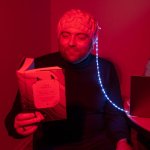
Monitoring the proper blood supply to the brain could be used to prevent or even treat neurological diseases. A new technique called πNIRS aims to do just that.
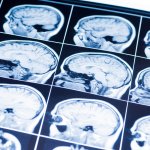
For almost four decades, stroke cases and fatalities have been on the decline. In recent years, however, signs point to a resurgence, according to an analysis of US stroke deaths from 1975 to 2019.
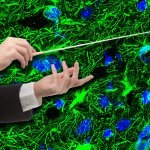
Glioblastomas march to the beat of a different drum: researchers discovered a type of cells that act as pacemakers, driving the growth of the brain tumour and increasing its resistance.
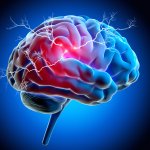
Canadian researchers have developed a new method of killing brain cancer cells while preserving the tissue around it. A remarkable side-benefit: chemotherapy of the cancer suddenly becomes possible.
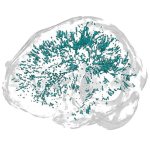
For the first time, a new study has identified enlarged perivascular spaces in the brains of migraine sufferers. Results of the study will be presented at the annual RSNA meeting.
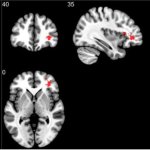
Using a special type of MRI, researchers have uncovered brain changes in patients up to six months after they recovered from Covid-19, according to a study being presented at the annual RSNA meeting.
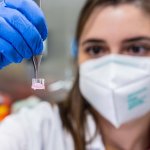
It is the size of a common pencil eraser, but it could have a huge impact on the therapy of glioblastoma: Scientists in Virginia have developed a novel 3D tissue-engineered model of the brain tumour microenvironment, which can be used to assess how the glioma cell invades healthy tissue, proliferates, and reacts to chemotherapy drugs.
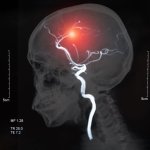
White matter hyperintensities (WMH) on the brain seen on MRI represent a biomarker associated with a 50/50 risk of death within five years after a first incident acute ischemic stroke (AIS) or transient ischemic attack (TIA).
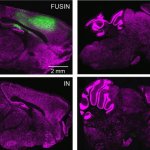
Treatment of central nervous system diseases and tumors is often hindered by the blood-brain barrier. A new method aims to overcome this obstacle using focused ultrasound intranasal delivery (FUSIN).
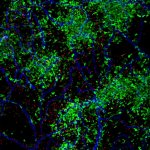
Researchers mapped in detail how the immune system acts against pathogens invading the brain. This sheds new light on host-pathogen interactions and the long-term consequences of brain infections.
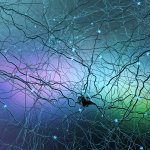
Researchers have shown that when brain cells are directly exposed to blood taken from Covid-19 patients with delirium, there is an increase in cell death and a decrease in the generation of new brain cells.
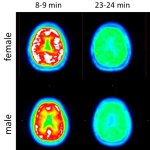
US researchers have developed a test to detect loss of myelin - a key contributor to many neurological diseases including multiple sclerosis, traumatic brain and spinal cord injuries, stroke, and dementia.

A new study has found ineffective co-ordination of services and fragmented care plans in England has resulted in very little improving for dementia carers in forty years.
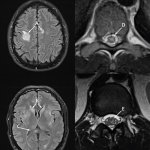
As the monkeypox outbreak continues to spread around the globe, a rare but potentially serious complication of the virus has been discovered.
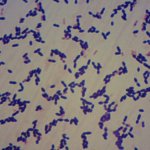
A new study could one day help health workers determine whether bacteria of the species Streptococcus pneumoniae, which cause meningitis, are resistant to antibiotics.

The inclusion of a narrative about Alzheimer’s disease in primetime TV drama “This Is Us” was found to help reduce stigma around dementia and motivate family discussions about plans for aging.

German researchers present a novel method for testing chemical agents that could help in the development of drugs against neurodegenerative diseases such as Alzheimer's.
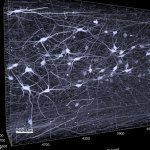
Novel 3D imaging could comprehensively characterize a part of the brain that shows perhaps the earliest accumulation of tau protein, an important biomarker for the development of Alzheimer's disease.
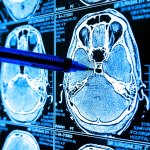
A surprising mechanism explains why high-grade gliomas, the deadliest form of brain cancer, returns: The tumours adapt to treatment by recruiting help from nearby healthy tissue.
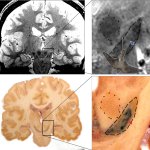
A new understanding of the 'swallow-tail', an anatomical landmark in the brain, could pave the way for earlier detection of Parkinson's disease.
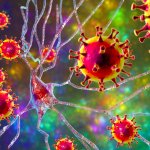
New diagnoses of disorders including psychosis, dementia, seizures and ‘brain fog’ remain commoner two years after Covid-19 than after other respiratory infections, new research finds.
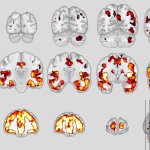
Researchers for the first time compared schizophrenia and frontotemporal dementia, disorders that are both located in the frontal and temporal lobe regions of the brain.
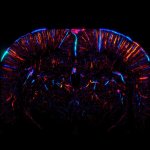
Functional ultrasound localization microscopy (fULM) captures the cerebral activity at the micron-scale, opening up major future clinical perspectives for the diagnosis of cerebrovascular pathologies.

The development of a simple blood test for glioblastomas could mean earlier diagnosis and more effective and personalised treatment options against the most common type of malignant brain cancer.